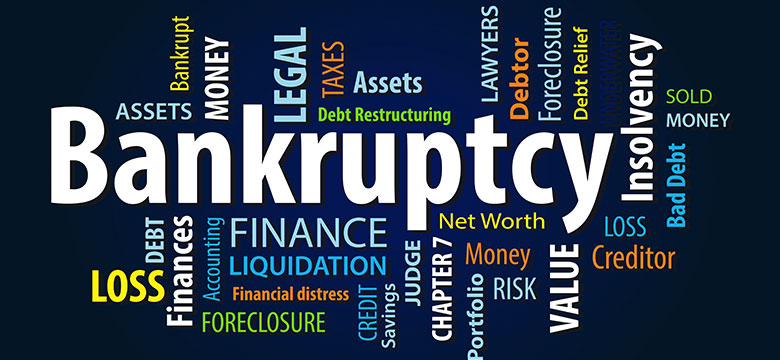What Are the Differences Between Chapter 7 and Chapter 13 Bankruptcy?
12 Aug 2019, by in Bankruptcy
Written by Timothy Czekaj
When your debts overwhelm your ability to pay, resulting in missed payments, collections calls, and stress, you may need to consider filing for bankruptcy. Federal bankruptcy laws provide debtors a process that can result in a clean slate on which to rebuild their financial lives. For most people with debt due to medical bills, credit cards, or job loss, there are two ways to resolve money matters: Chapter 7 and Chapter 13 bankruptcy.
Because the law surrounding bankruptcy is complex, those considering this option need to talk with the Pennsylvania bankruptcy lawyers at Czekaj Law, LLC. Our experienced team will evaluate your financial situation, including your assets, debts, and financial goals. We can answer your questions as to which type of bankruptcy suits your needs, and we will help you understand the entire process.
To schedule a free, initial consultation of your case, contact us today at (717) 275-9770.
Understanding Chapter 7 Bankruptcy
Federal law provides Chapter 7 protection to those who can show that they do not have enough income to pay anything on most of their debts. This type of bankruptcy is also known as liquidation bankruptcy. It is also the quickest type of bankruptcy, meaning it could wrap up anywhere from four to six months after the filing date.
Not everyone qualifies for Chapter 7 bankruptcy. In Pennsylvania, you must pass a means test in order to be eligible. The means test looks at your income over a period of six months, including wages, pensions, and more. If those items amount to a number over a certain threshold, you may not qualify for this type of bankruptcy. The means test can be more complicated if there are certain assets involved. That’s why you need our lawyers to help in determining your eligibility for Chapter 7.
When you receive a discharge in a Chapter 7 filing, most of your debts will be eliminated. The debts eligible to be forgiven include credit cards, personal loans, and medical bills. If you owe for school loans, child support, or taxes, those debts still need to be paid in most situations.
What You Need to Know About Chapter 13
If you don’t meet the requirements of the Chapter 7 means test, or you have financial issues that will not be remedied by a Chapter 7, you likely will need to file Chapter 13 to address your debts. Under Chapter 13, your debts will be reorganized. What this means is that a trustee will determine how much you must repay to creditors, and who will receive priorities according to law.
These court-supervised repayment plans typically last between three and five years. Once you are discharged from Chapter 13, any remaining debt will be discharged, other than those you may have re-affirmed in your plan, such as a mortgage. By working with experienced bankruptcy lawyers, you can determine a feasible repayment plan.
Chapter 13 may allow you to keep more of your assets, such as automobiles and your home, if you are behind on monthly payments. It provides for an automatic stay as well so that your creditors cannot contact you regarding the debts.
Reach Out to Our Firm Today
The stress of financial troubles can affect your job, family, and general quality of life. You need real solutions that will lead to a clean financial slate. The bankruptcy lawyers at Czekaj Law, LLC can guide you through the process. During a free consultation, we can help you understand whether Chapter 7 or Chapter 13 is a viable option for you. Take that first step to get your finances in order – contact us today at (717) 275-9770 to get started. This firm is a debt relief agency helping people to file bankruptcy under the Bankruptcy Code.